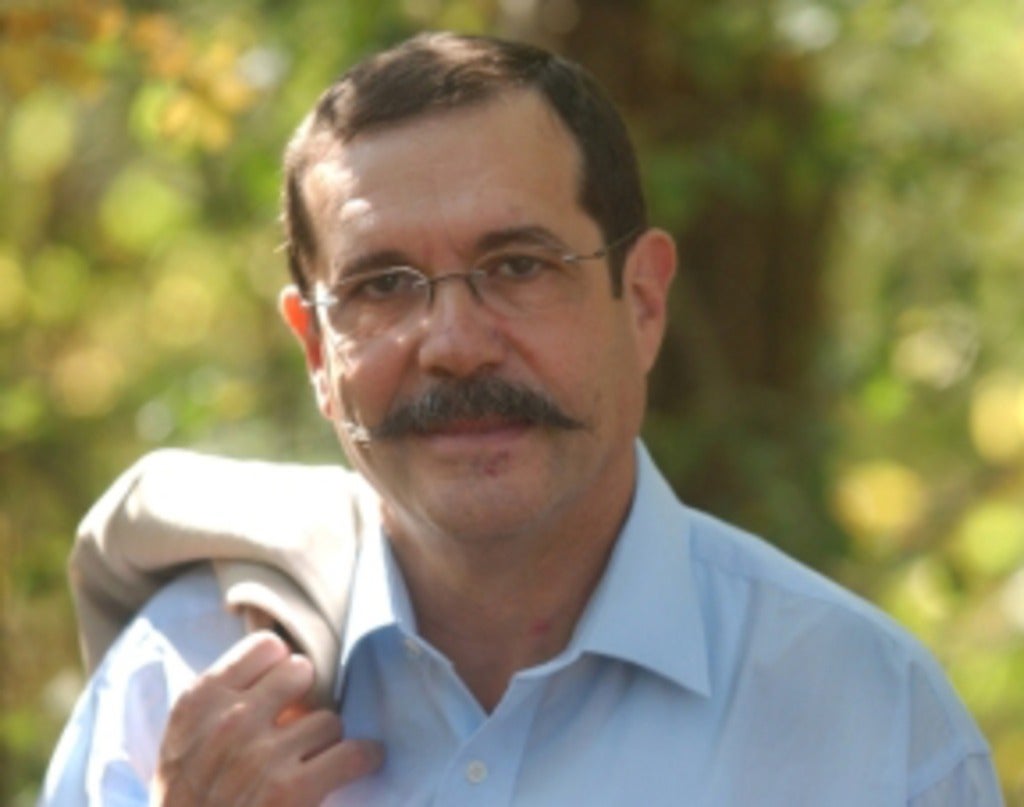Yury Kurochkin: Quantum optics experiments in Russian Quantum Center
Yury Kurochkin, Russian Quantum Center in Skolkovo, Moscow
In this talk I want to present progress of our quantum optics laboratory. Our laboratory was built in the summer 2013. During the past year we've performed number of beautiful experiments. One of the featured experiments is "Quantum vampire" which demonstrates non-local properties of the annihilation operator. This beautiful effect predicts that if you take particular number of photons from the part of the light beam there will be now shadow.

 Join us for the next Quantum Frontiers Distinguished Lecture Series when Dr. Alain Aspect will talk about the weirdness of wave particle duality.
Join us for the next Quantum Frontiers Distinguished Lecture Series when Dr. Alain Aspect will talk about the weirdness of wave particle duality.